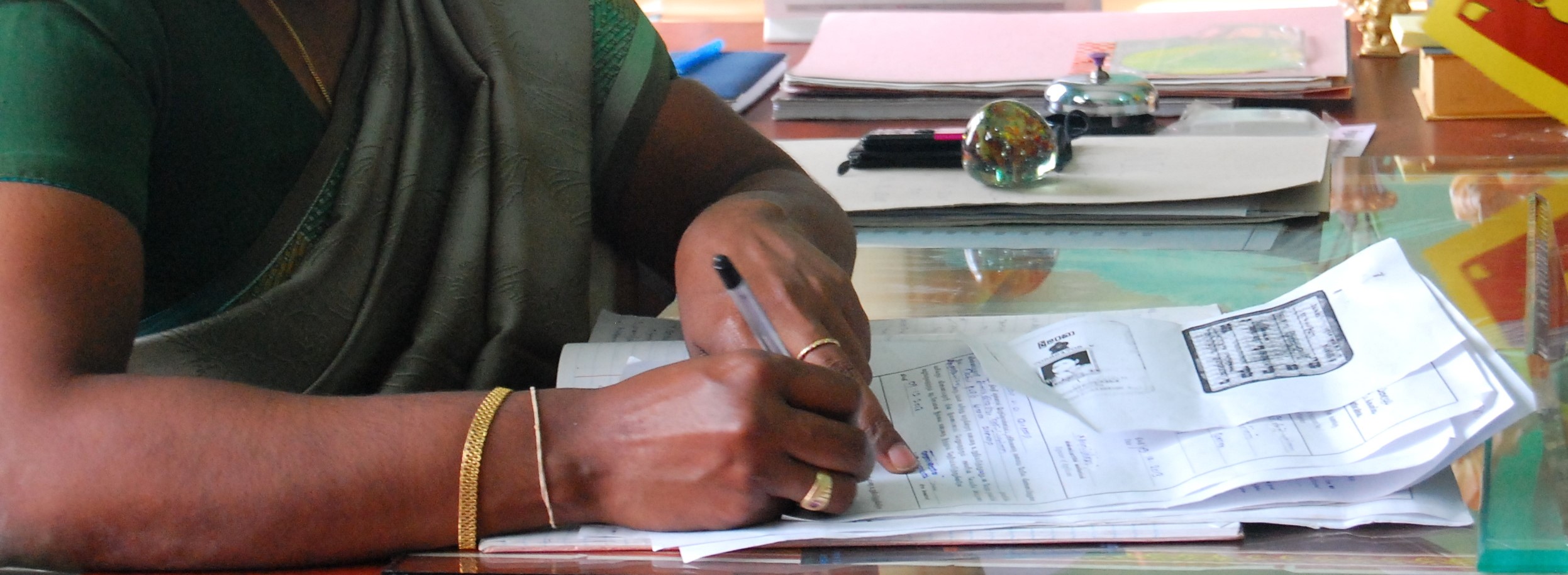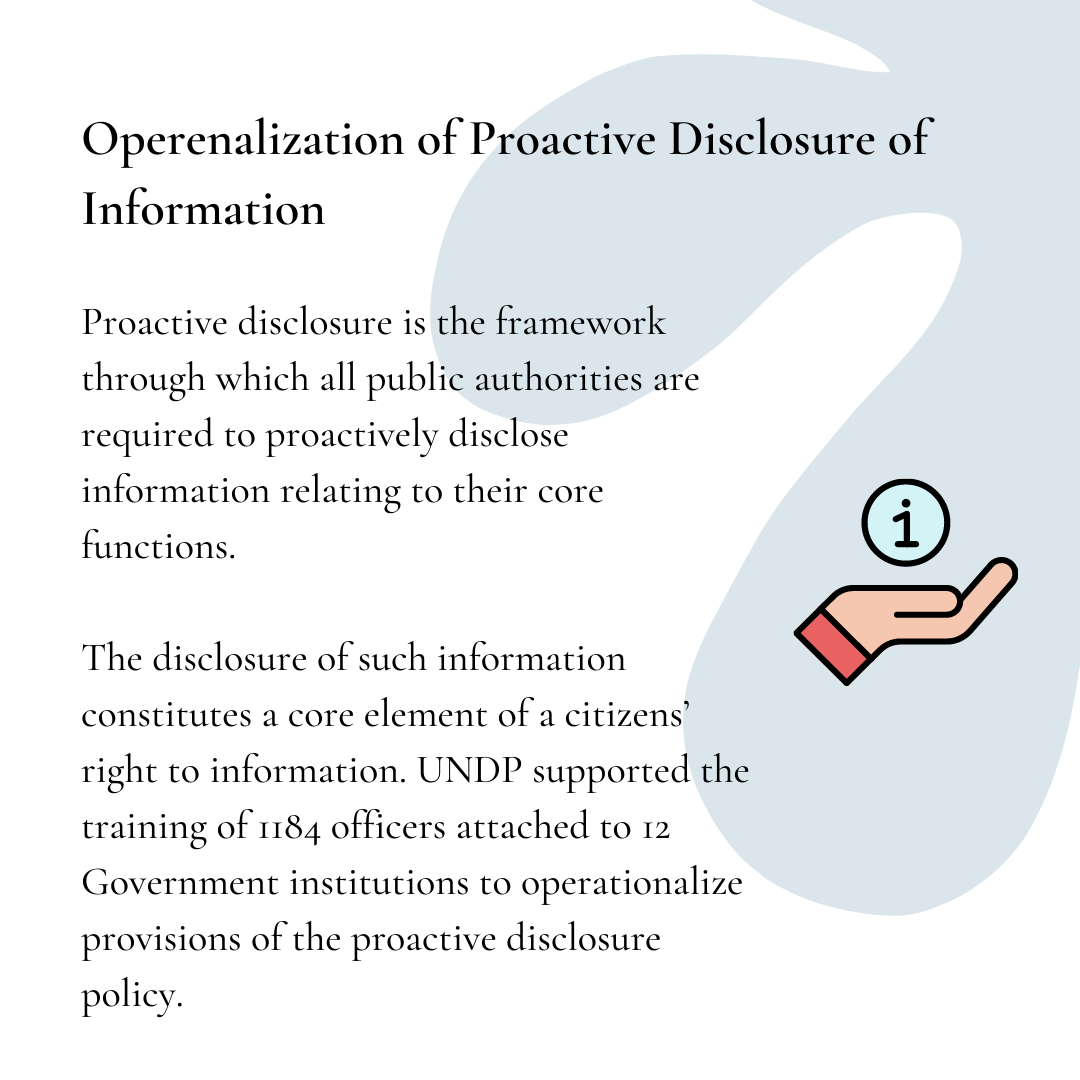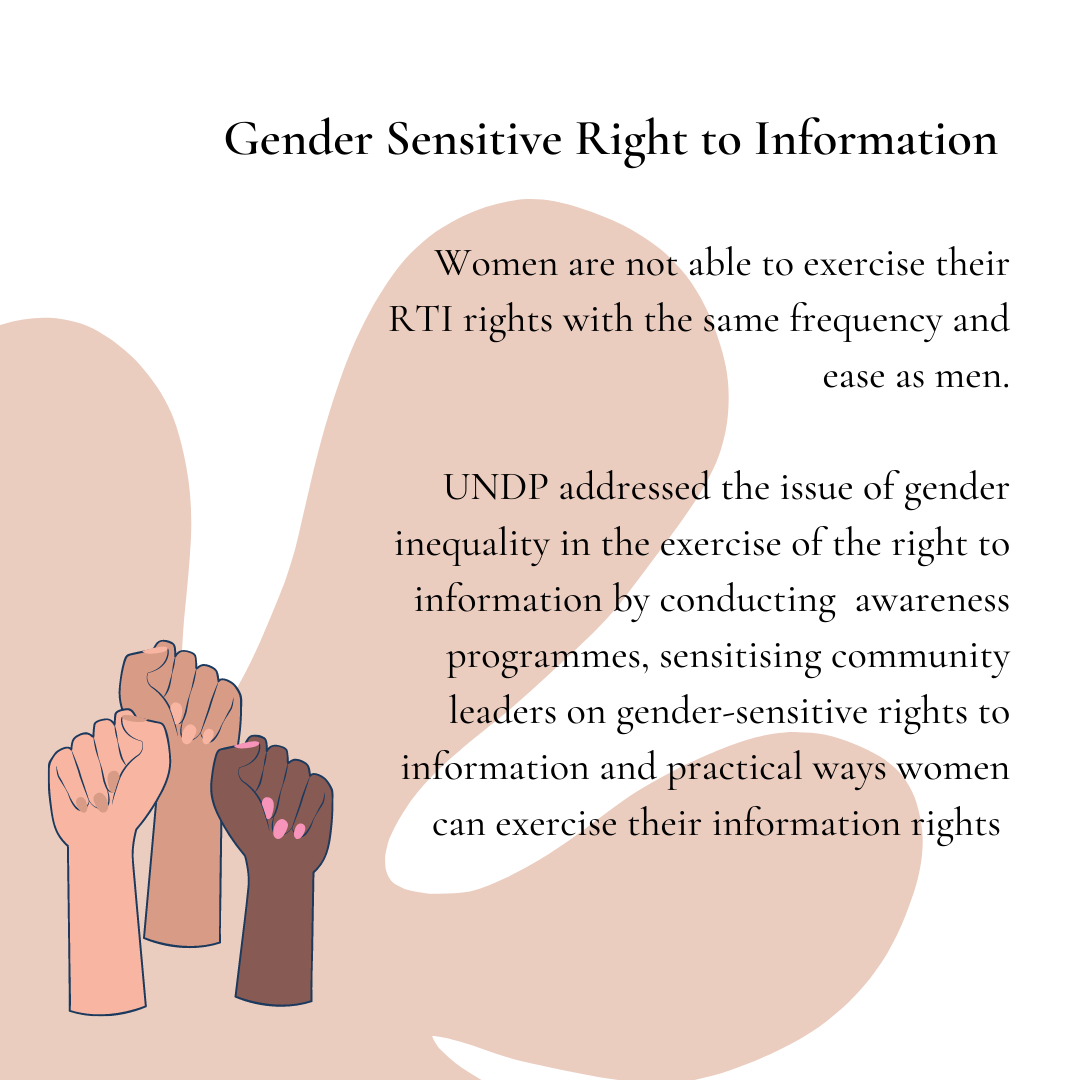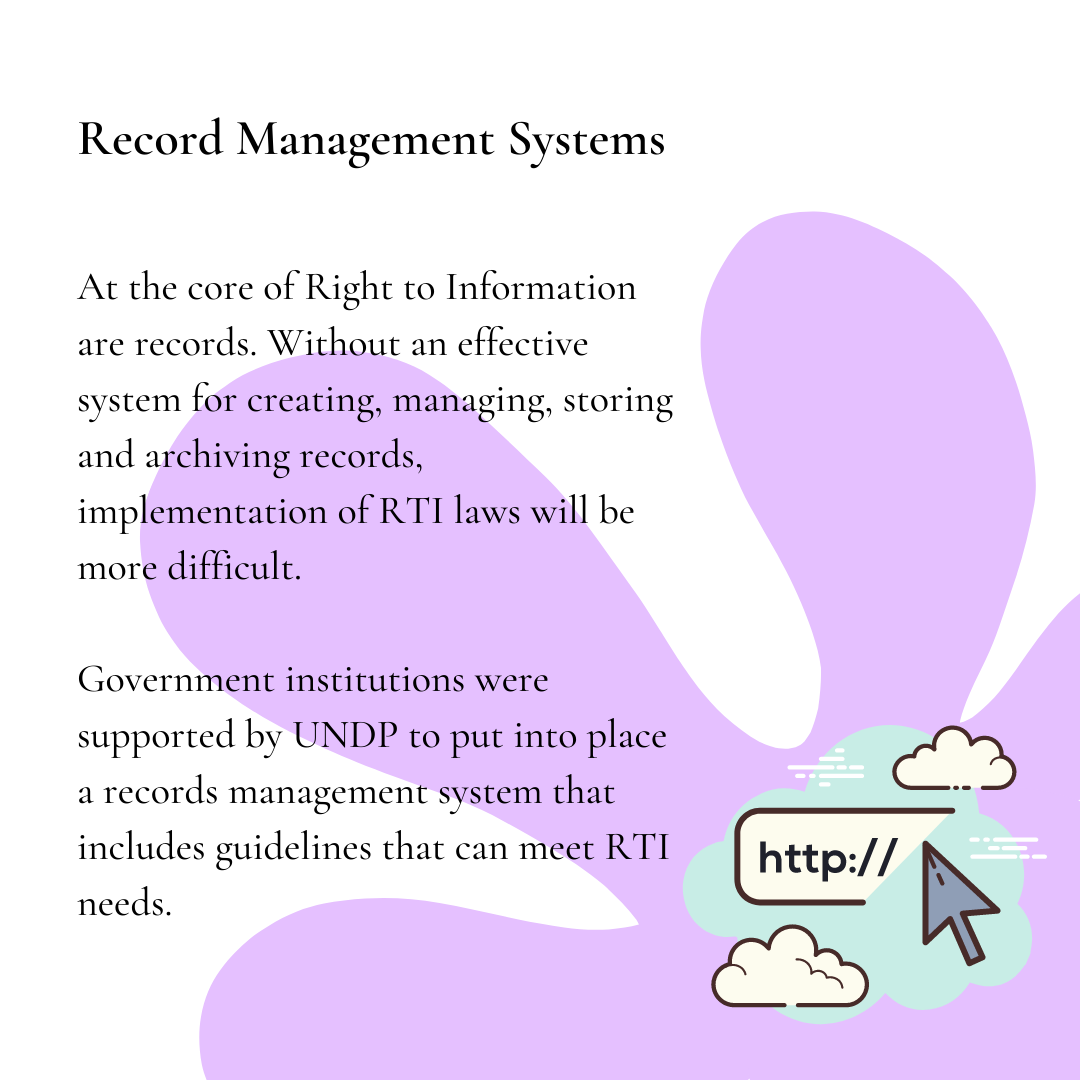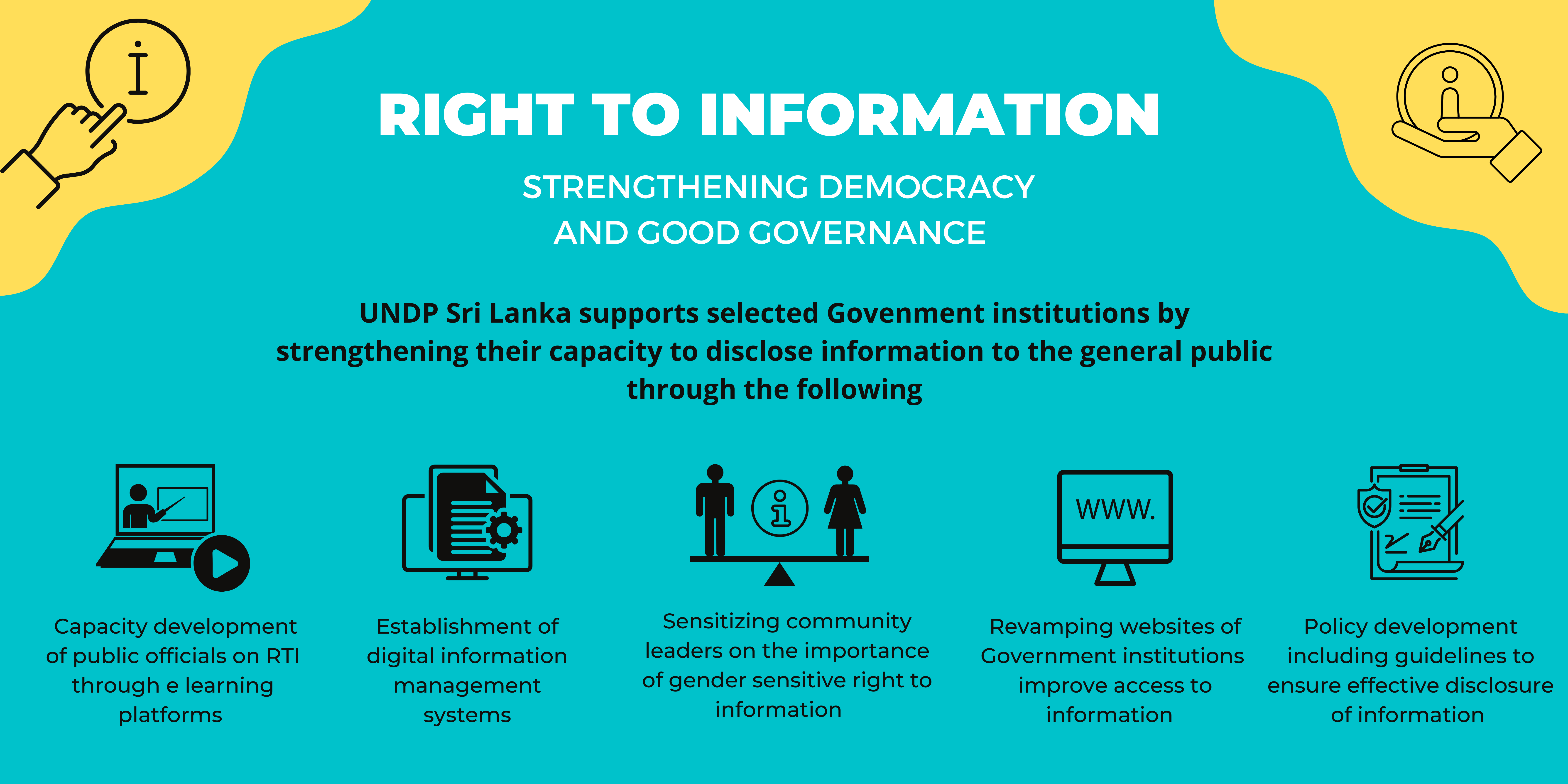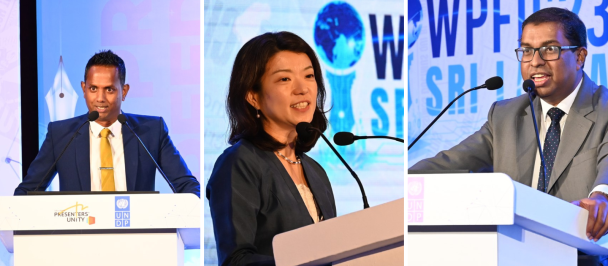Right to Information in Sri Lanka
Ms. Rita Solomons was a women’s rights activist residing in a village inhabited by 8,000 people in Morawewa in the Trincomalee District. Rita came to learn that Government-issued farming subsidies for widowed women were being unfairly allocated to those who were not entitled to their benefits, to the detriment of those who genuinely qualified for the aid. The subsidy was set up to assist small-scale female farmers in the village including war widows and women heads of households. The subsidy covered the cost of seeds such as mango and coconut, which are needed for cultivation, and helped widowed women earn a livelihood and support their families. Requiring further information on the beneficiaries of such subsidies, Rita submitted an RTI request form to the Pradeshiya Sabha on the matter. Within 14 days, she received a response, including detailed records of beneficiaries receiving the subsidy including those who were not eligible to receive it. She is now an RTI trainer in the area, empowering women to use their right to information to hold public authorities accountable for their actions.
Mr. Nanayakkara*, a parent of a young child, was seeking to admit his child into Grade 1 at a public school in his locality. Having gone through the interview process for admission, while his child’s name appeared among the shortlisted candidates, it was subsequently omitted from the final list. Mr. Nanayakkara had reason to believe that up to 10 candidates received preferential treatment due to their parent’s influence over educational authorities. Subsequently, he filed an RTI request to the Ministry of Education requesting for the student’s test scores, applications, records of permanent residence and the names of the students concerned. Having received no response within the allotted timeframe, Mr. Nanayakkara then appealed to the RTI Commission in May 2017. The RTI Commission addressed the case in July 2017, following which the Principal of the School was obliged to provide the relevant information within his possession. Having inspected the records, it appeared to Mr. Nanayakkara that his child was unfairly omitted from the final list of candidates. He has since filed a Fundamental Rights Petition in the Supreme Court, on the basis that his child’s right to equality and education was infringed as per Article 12 of the Constitution.
As witnessed, the Right to Information Act is one of the most powerful tools available to the citizens of Sri Lanka. The RTI Act was enacted in 2016 and rules and regulations issued under the RTI Act became fully effective in February 2017. This law had an effective democratizing impact on the functioning of the government and how it interacts with the citizens of the country. The RTI Act empowers citizens to hold the Government directly accountable by giving them the right to ask for and receive information from Public Authorities.
The Act allows citizens to exercise their democratic rights and facilitate greater participation in decision-making processes. It is also instrumental in reducing corruption and preventing the abuse of public power by limiting arbitrary decision-making by public authorities. This paradigm shift of governance from secrecy to transparency has resulted in improving the daily lives of Sri Lankans by making the Government accessible and accountable.
The COVID-19 pandemic has also highlighted the importance of proactive disclosure of information in all three official languages in formats that are accessible to all. This includes information on the implementation of safety protocols, provision of relief and assistance to citizens in need. In such a crisis, citizens have the right to receive accurate and timely information, and the Government has a corresponding obligation to disseminate information to the public.
One of the key features of the RTI Act is its requirement for all public authorities to maintain records to ensure that the authority’s functions and activities are well documented to facilitate citizens’ right to access information. Such records serve as proof that public authorities are serving in the public’s best interest.
In response to strengthening the right to information in Sri Lanka, UNDP Sri Lanka through its flagship portfolio on SDG (Sustainable Development Goals) 16: Peace, Justice and Strong Institutions provides focused technical support to the Right to Information Commission (RTIC) to operationalize Proactive Disclosure Guidelines and Record Management Guidelines in Government Institutions. UNDP further extended its support to these institutions by setting up guidelines on proper record management for public authorities, specifically on digital maintenance, organization, and management of information records.
With the Sri Lankan government geared towards ensuring the digital transformation of the public sector by 2024, people-centric digital transformation is a core priority in the implementation of the RTI law to make services accessible to all. As part of UNDP’s ongoing support, steps have been taken to restructure existing websites of certain Government institutions following the guidelines and internationally acclaimed standards relating to proactive information disclosure on the Right to Information. Similarly, the development of web portals, information management systems and an RTI dashboard that tracks the status of RTI applications online has helped disclose information to the general public efficiently and effectively.
Speaking on the importance of RTI and its key role in strengthening democracy and good governance, the Chairman of the RTIC states,
“Information is fundamental to the functioning of modern democracy and a principal element of open government. The guarantee of access to the right to information facilitates the meaningful operation of many human rights. As such, the right to information is key to achieving democracy. UNDP’s initiative to improve the capacity of government institutions in proactively disclosing information to the general public, including their support in restructuring websites, developing web portals and information management systems, as well as establishing record management guidelines, enhances the scope of easier access to information and helps to ensure a citizen's proper access to information. For example, there are a large number of state officials who benefit every year from RTI training provided by the pool of trainers developed by UNDP and the Ministry of Mass Media. I believe that such access to information is fundamental to democratic participation in the country.”
*Names, identities and pictures used in this story have been changed upon request

 Locations
Locations
